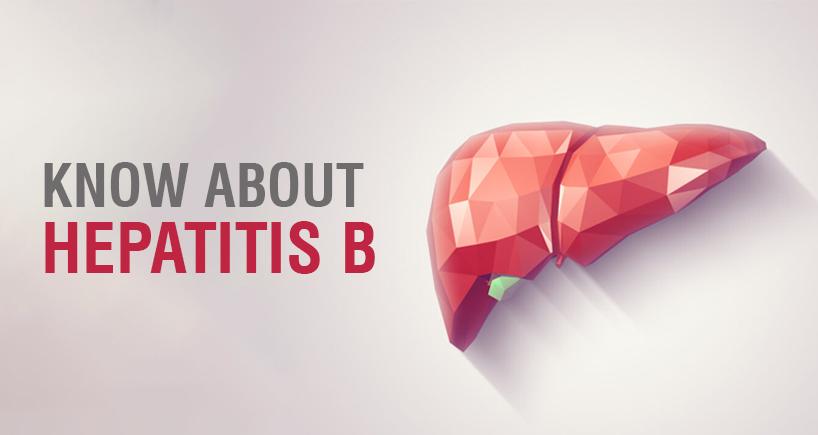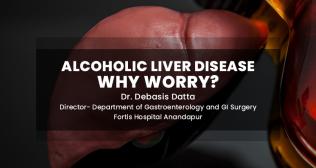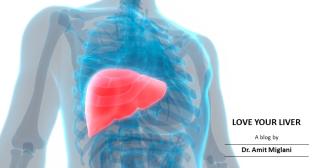
Know About Hepatitis B
Hepatitis B is a liver infection caused by the hepatitis B virus (HBV). In most cases, it is considered acute and lasts for less than six months. However, for some individuals, the infection becomes chronic, persisting for more than six months. Those with chronic hepatitis B face an increased risk of developing liver failure, liver cancer, or cirrhosis, a condition that causes permanent scarring of the liver.
Symptoms:
The symptoms of acute hepatitis B can vary in severity, from mild to severe. They typically appear 1-4 months after infection but may occur as early as 2 weeks after infection. In some cases, especially in young children, the infection may be asymptomatic.
The most common symptoms of acute hepatitis B include:
- Abdominal pain
- Fever
- Loss of appetite
- Nausea and vomiting
- Weakness and fatigue
- Jaundice, which is the yellowing of the skin and the whites of the eyes
Transmission:
Hepatitis B virus (HBV) is primarily transmitted through contact with blood, semen, or other body fluids.
- Sexual contact: The virus can be passed from an infected person to a non-infected person through unprotected sexual activity. This includes vaginal, anal, and oral sex.
- Sharing of needles: HBV can easily spread through the sharing of needles and syringes contaminated with infected blood. This is a particular risk for people who inject drugs.
- Accidental needle sticks
- Mother-to-child transmission: Pregnant women infected with HBV can pass the virus to their babies during childbirth. However, in almost all cases, newborns can be protected from infection by receiving the hepatitis B vaccine.
Complication:
- Cirrhosis: It leads to extensive scarring of the liver, a condition known as cirrhosis.
- Liver cancer: Chronic hepatitis B has an increased risk of developing liver cancer.
- Liver failure: It can lead to acute liver failure, a life-threatening condition in which the liver stops functioning.
- Reactivation of the hepatitis B virus: People with chronic hepatitis B who have suppression of their immune system are at risk of reactivation of the hepatitis B virus. This can lead to significant liver damage or even liver failure.
Prevention:
Preventing hepatitis B is primarily achieved through vaccination. The hepatitis B vaccine is administered either as two injections spaced a month apart or as three to four injections over a six-month period, depending on the specific vaccine used. Importantly, the vaccine itself cannot cause hepatitis B infection.
The hepatitis B vaccine is recommended for everyone, but it is especially important for people who are at high risk of getting the virus. This includes people who:
- Have sex with multiple partners
- Share needles or syringes
- Work in healthcare or other settings where they may be exposed to blood
- Are traveling to countries where hepatitis B is common
- Are born to mothers who are infected with hepatitis B
If you are not sure if you have been vaccinated against hepatitis B, you should talk to your doctor. They can recommend the best vaccination schedule for you and answer any questions you have.
Categories
Clear allMeet the doctor

- Gastroenterology and Hepatobiliary Sciences | Gastroenterology and Hepatobiliary Sciences
-
10 Years
-
1500



















